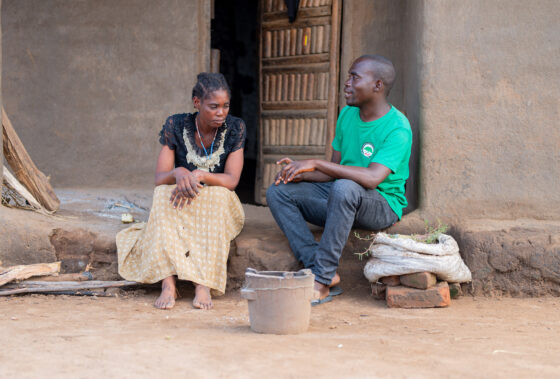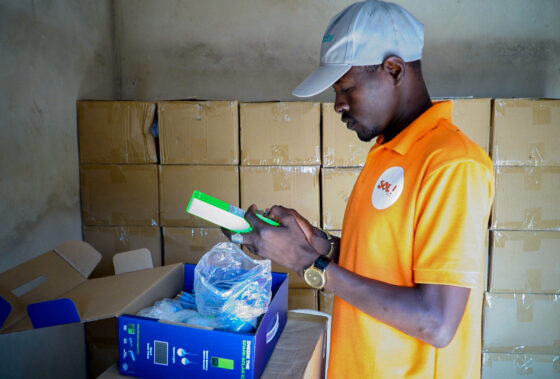In Malawi’s lakeshore district of Mangochi, stories like Lukia’s and Hassan’s are becoming more common—thanks to something as simple, yet powerful, as light.
Tackling Long-standing Barriers to Education
In the quiet evening glow of Mtengeza Primary School, located deep within the lakeshore district of Mangochi, young voices rise in discussion and laughter. Not from the nearby fishing docks, but from classrooms lit up for the first time in over 50 years. A new wave of life and change has found a home in this community.
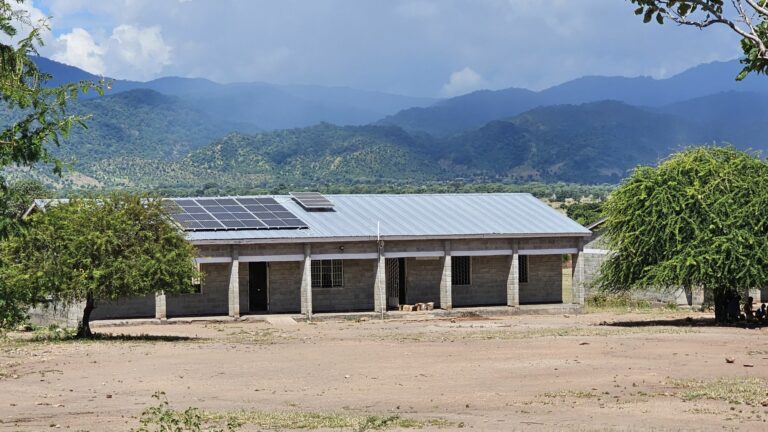
For decades, schools in this area have struggled with high dropout rates. Many boys leave school for fishing, while early pregnancies and child marriages continue to disrupt girls’ education. To change this, EnDev—co-financed by the Embassy of Iceland—has piloted the electrification of four rural primary schools in Mangochi with standalone solar PV systems. One of these is Mtengeza Primary School, which now operates with a 4.5 kWp system. EnDev´s intervention has resulted in rising pass rates, fewer dropouts, and a new culture of ambition and possibility.
EnDev’s Broader Impact
Before the installation of solar power, the situation was challenging, with only about 75% of learners passing their exams, and approximately 15% qualifying for secondary school selection. Standard 8 is a critical year—the final stage of primary education in Malawi, typically attended by learners aged 14 to 17. Since electrification, the results have improved dramatically. From 2022 to 2024, primary school pass rates rose to 97% and secondary school selections jumped from 53% to 87%.
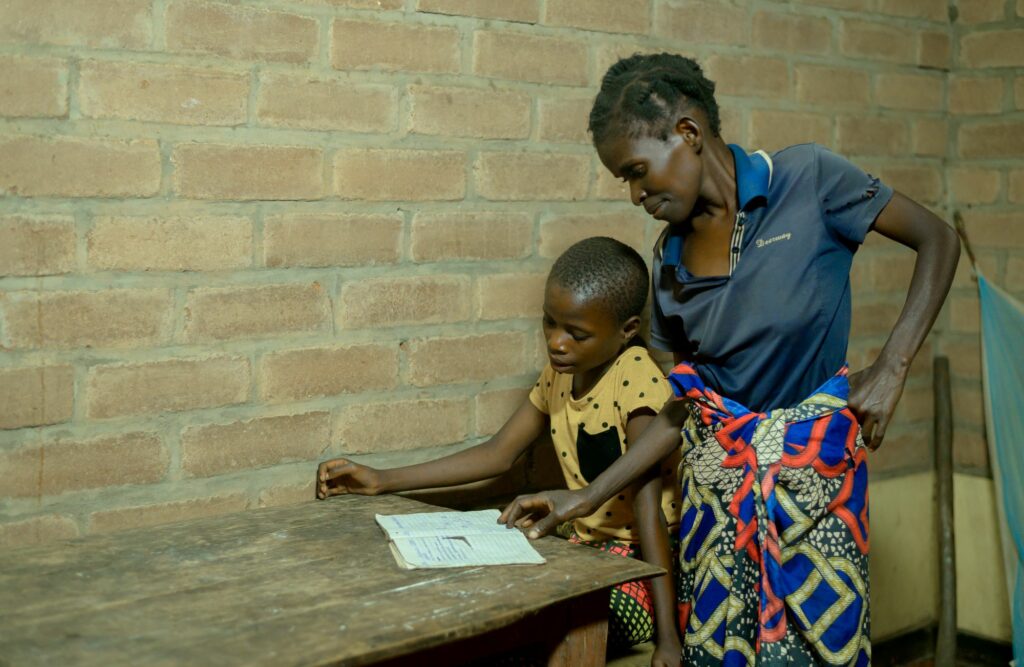
Lighting Up Opportunities for Teachers
The impact of solar energy extends beyond the classroom. Of the school’s eight teacher houses, seven built by the Icelandic government – three are now powered with solar systems. Teachers now prepare lessons at night, charge their devices, and even sell fizzy cold drinks to the community. The installations have created a ripple effect, fueling both learning and livelihood. A dusty old computer once sat unused in the head teacher’s office. But now, it plays a critical role at this school. “We use it to store and manage data, send reports to the district office, and even train teachers on basic computer skills,” adds Maclean. “It’s made our work more efficient.”
These numbers give our learners hope. Now, many of them believe they can make it.
Head Teacher for Mtengeza Primary, Cliff Maclean
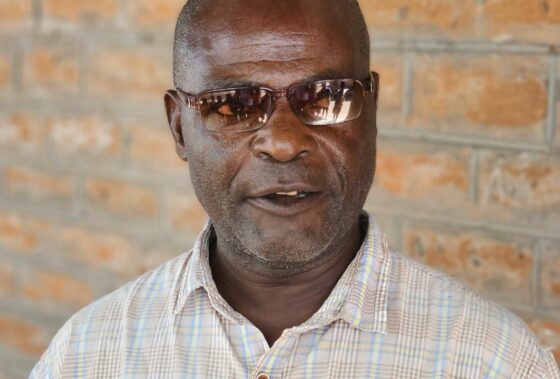
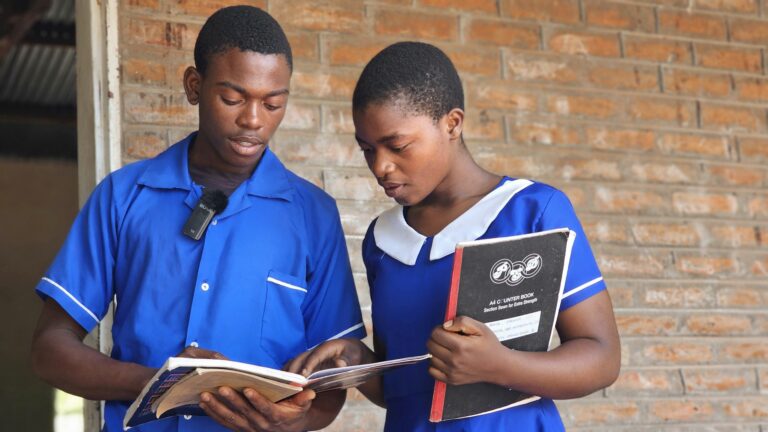
Empowering Learners
“At home, I was expected to cook, clean, and help with chores—even during exam time”, says 17-year-old Lukia Ibra from Mbanda Village. “By the time I was done, I was too tired to study.” Her classmate, 18-year-old Hassan Kwaira from Moto Village, adds: “Before the solar lights, we were afraid to move around at night. We couldn’t afford batteries for our torches. But now we study until late. I feel hopeful—I know I can do more with my life than fishing.” For these learners , the difference between success and stagnation is often a matter of access, not talent. A simple resource like lighting has unlocked time for revision, group work, and quiet concentration. Before this intervention, all these were out of reach.
Now I can study with friends at night. I want to become a nurse and show other girls that we can do it.
Lukia Ibra, 17-year-old learner at Mtgengeza Primary
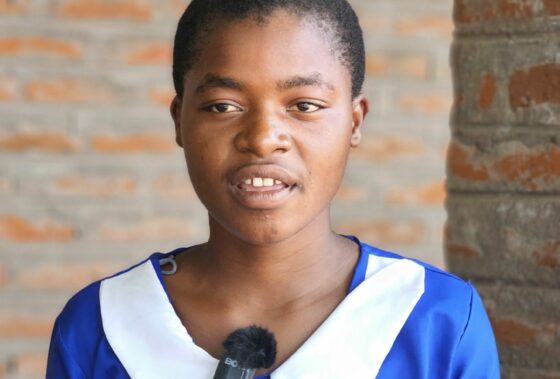
Lighting the Way Forward
Director of Education and Sports for Mangochi, Ireen Kawale, is excited with the pilot initiative. “The solar installations have boosted students’ performance, retention, and completion. Even teacher morale is high as lighting makes life easier, especially in remote postings.” The initiative is now expanding: 12 additional teacher houses across the four pilot schools will be electrified. 8 more schools in Nkhotakota District—another remote lakeshore area—are next in line.
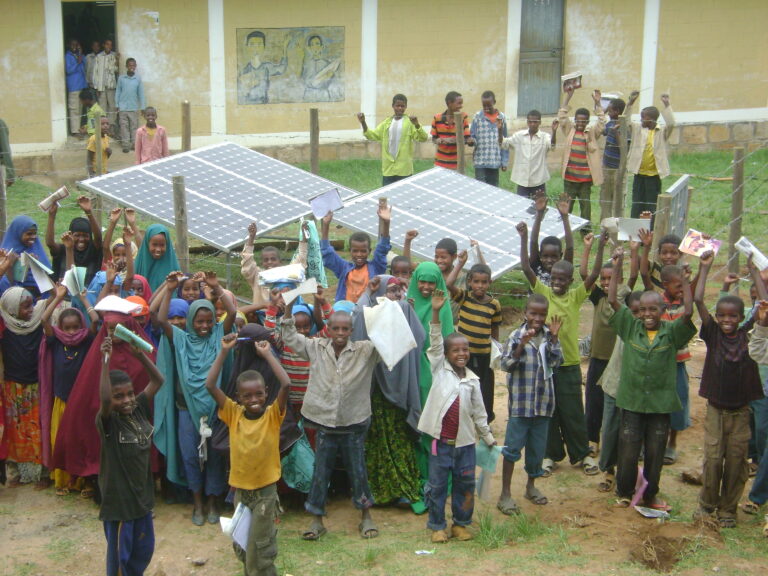
Around the world, EnDev has also supported social institutions such as health centres, youth training facilities, and community halls—enabling life-saving care, vocational training, and civic engagement in areas previously cut off from basic services.Of the 35,480 social institutions EnDev has provided with access to modern and renewable energy, 20,770 are educational institutions—demonstrating a clear commitment to strengthening learning environments through sustainable energy solutions.
And as Malawi moves toward achieving the Sustainable Development Goals—particularly SDG 4 on quality education and SDG 7 on affordable, clean energy—initiatives like this show that transformative change is not only possible globally, but also tangible at the local level, even in the most remote corners of the country.
Because sometimes, all it takes is a little light to help dreams take root and grow.
Want to know more about, how Electrification powers progress? Click here.

